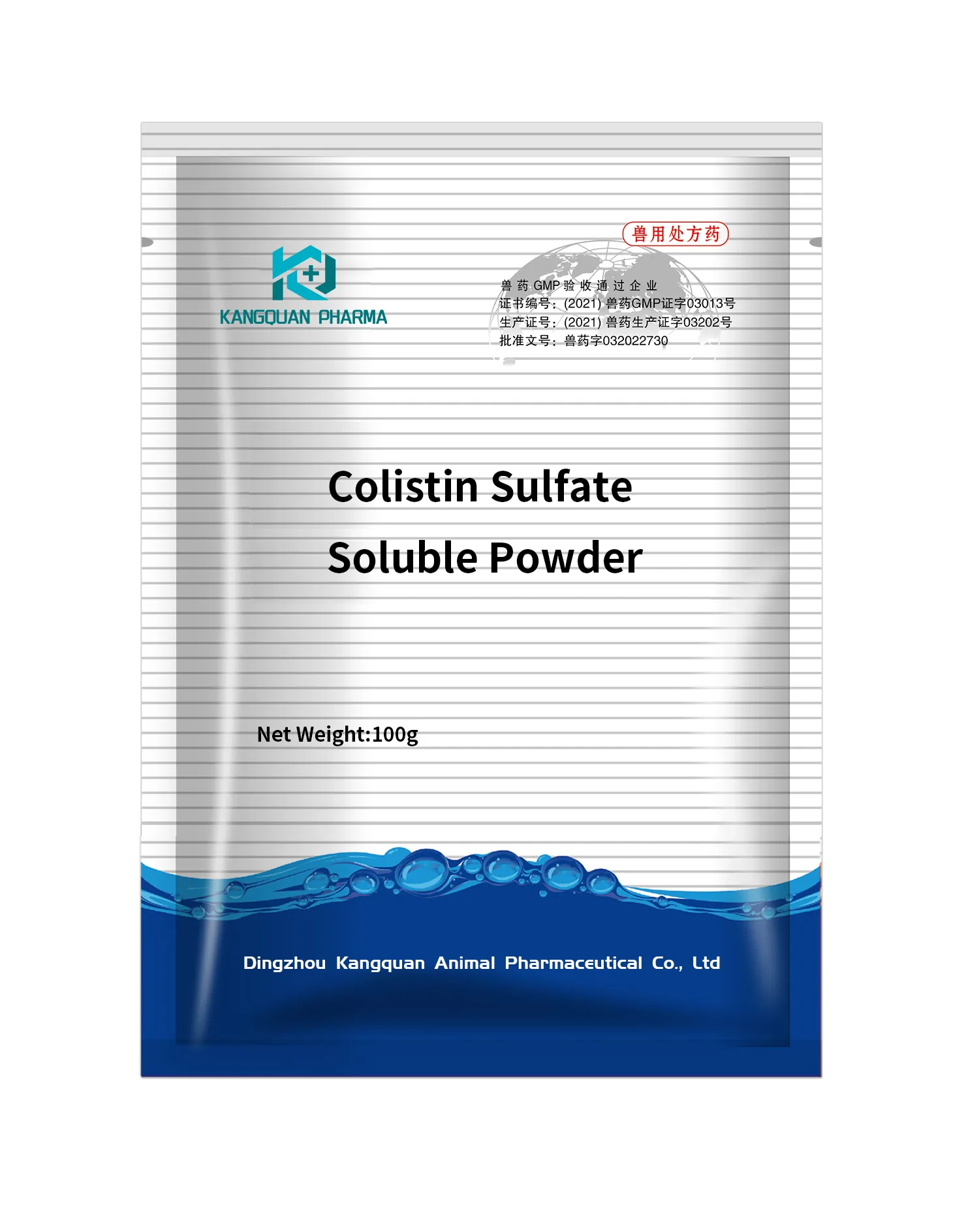- Afrikaans
- Albanian
- Amharic
- Arabic
- Armenian
- Azerbaijani
- Basque
- Belarusian
- Bengali
- Bosnian
- Bulgarian
- Catalan
- Cebuano
- Corsican
- Croatian
- Czech
- Danish
- Dutch
- English
- Esperanto
- Estonian
- Finnish
- French
- Frisian
- Galician
- Georgian
- German
- Greek
- Gujarati
- Haitian Creole
- hausa
- hawaiian
- Hebrew
- Hindi
- Miao
- Hungarian
- Icelandic
- igbo
- Indonesian
- irish
- Italian
- Japanese
- Javanese
- Kannada
- kazakh
- Khmer
- Rwandese
- Korean
- Kurdish
- Kyrgyz
- Lao
- Latin
- Latvian
- Lithuanian
- Luxembourgish
- Macedonian
- Malgashi
- Malay
- Malayalam
- Maltese
- Maori
- Marathi
- Mongolian
- Myanmar
- Nepali
- Norwegian
- Norwegian
- Occitan
- Pashto
- Persian
- Polish
- Portuguese
- Punjabi
- Romanian
- Russian
- Samoan
- Scottish Gaelic
- Serbian
- Sesotho
- Shona
- Sindhi
- Sinhala
- Slovak
- Slovenian
- Somali
- Spanish
- Sundanese
- Swahili
- Swedish
- Tagalog
- Tajik
- Tamil
- Tatar
- Telugu
- Thai
- Turkish
- Turkmen
- Ukrainian
- Urdu
- Uighur
- Uzbek
- Vietnamese
- Welsh
- Bantu
- Yiddish
- Yoruba
- Zulu
10 月 . 18, 2024 07:48 Back to list
Significance of Proper Nutrition in Animal Health and Growth
The Importance of Animal Nutrition
Animal nutrition is a critical aspect of agriculture and animal husbandry that plays a vital role in ensuring the health and productivity of livestock. Proper nutrition not only impacts the well-being of animals but also significantly influences food security, economic stability, and environmental sustainability. Understanding the principles of animal nutrition is essential for farmers, veterinarians, and animal nutritionists alike, as it enables them to optimize the growth, reproduction, and overall health of their animals.
One of the foundational aspects of animal nutrition is the concept of balanced diets. Just like humans, different animal species have unique dietary requirements based on their physiological needs. These requirements include macronutrients such as carbohydrates, proteins, and fats, as well as micronutrients which encompass vitamins and minerals. Providing a balanced diet ensures that animals can achieve their full genetic potential, whether it be for growth, milk production, or egg laying. For instance, dairy cattle require specific ratios of energy, protein, and minerals to produce high-quality milk efficiently. Similarly, poultry diets must be tailored to enhance egg production and maintain healthy body weight.
Moreover, good nutrition contributes to the health and immunity of animals. Well-nourished animals are better equipped to fend off diseases and infections, which reduces the need for antibiotics and other drugs, promoting a more sustainable approach to livestock management. For example, deficiencies in certain vitamins or minerals can lead to a weakened immune system, making animals more susceptible to diseases such as mastitis in dairy cows or respiratory infections in poultry. By ensuring that animals receive all the essential nutrients in appropriate amounts, farmers can enhance their livestock’s health and reduce mortality rates.
importance of animal nutrition

In addition to benefiting individual animals, proper nutrition is crucial for enhancing productivity and efficiency in livestock production. Feed costs are often the largest expense in animal farming, so optimizing animal nutrition can lead to more cost-effective production. For instance, improving feed conversion ratios (FCR) enables animals to convert feed into body mass more efficiently. This not only maximizes the yield of meat or milk from a given amount of feed but also reduces the environmental impact of livestock farming by minimizing resource use. Additionally, targeted nutrition strategies can help mitigate issues such as obesity or metabolic disorders in farm animals, further improving their productivity.
The role of animal nutrition extends beyond just health and productivity; it is also closely linked to environmental sustainability. The livestock sector is a significant contributor to greenhouse gas emissions and resource depletion. By adopting more efficient feeding strategies and nutrition formulations, the environmental footprint of animal farming can be minimized. For example, incorporating alternative feed ingredients, such as legumes or by-products from food processing, not only provides a cost-effective solution but also enhances the sustainability of livestock production systems. Furthermore, precision nutrition, which uses data analytics and technology to tailor diets to the specific needs of individual animals or herds, can significantly reduce waste and improve resource use efficiency.
In an era where food security remains a pressing global challenge, the importance of animal nutrition cannot be overlooked. A well-nourished livestock population is critical for meeting the growing demand for animal protein, particularly in developing countries where protein intake is often insufficient. By improving animal nutrition, we can enhance food production systems and contribute to the livelihoods of millions of farmers globally. Furthermore, it supports rural economies by creating jobs and facilitating trade in animal products.
In conclusion, the importance of animal nutrition lies not only in its direct benefits to animal health and productivity but also in its broader implications for human food security, economic viability, and environmental sustainability. As we continue to face challenges such as climate change, population growth, and resource scarcity, a focus on animal nutrition will be essential for creating a resilient and sustainable agricultural sector. Stakeholders across the agricultural value chain must collaborate to promote best practices, invest in research, and implement innovative solutions that prioritize the nutritional needs of livestock while promoting overall system sustainability. Only through a concerted effort can we ensure a healthy future for both animals and the communities that rely on them.
-
The Power of Radix Isatidis Extract for Your Health and Wellness
NewsOct.29,2024
-
Neomycin Sulfate Soluble Powder: A Versatile Solution for Pet Health
NewsOct.29,2024
-
Lincomycin Hydrochloride Soluble Powder – The Essential Solution
NewsOct.29,2024
-
Garamycin Gentamicin Sulfate for Effective Infection Control
NewsOct.29,2024
-
Doxycycline Hyclate Soluble Powder: Your Antibiotic Needs
NewsOct.29,2024
-
Tilmicosin Premix: The Ultimate Solution for Poultry Health
NewsOct.29,2024













